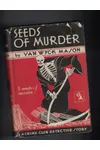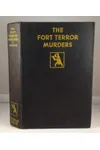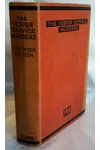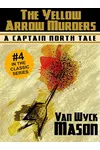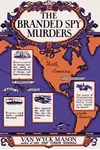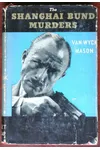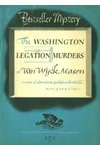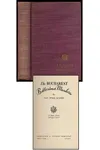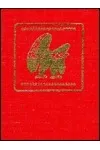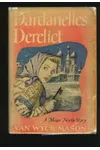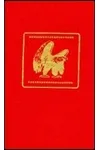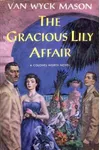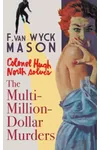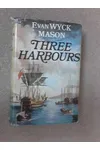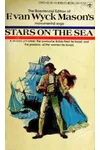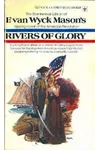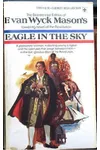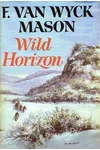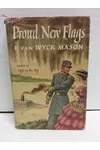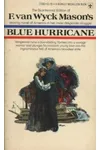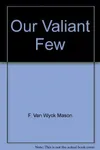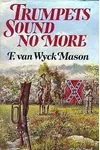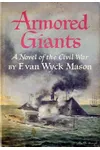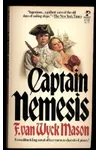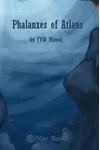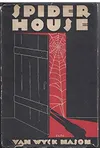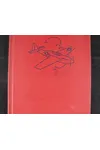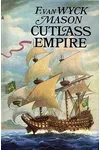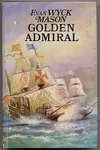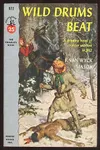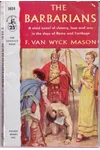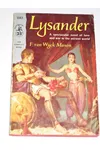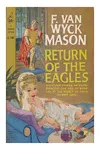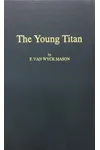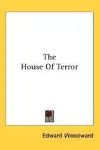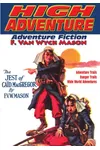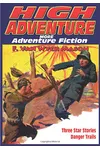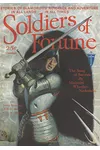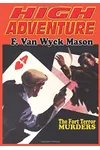Picture an American storyteller who spun tales of espionage and historical adventure with the flair of a world traveler—meet F. Van Wyck Mason! Born in 1901, Mason penned 78 novels over five decades, blending thrilling spy stories with vivid historical fiction. His life, as action-packed as his books, took him from World War I battlefields to the beaches of Bermuda, infusing his work with authenticity and excitement.
The Making of F. Van Wyck Mason
Francis Van Wyck Mason was born in Boston to a patrician family with 17th-century roots. His early years were a whirlwind of adventure: he spent his first eight years in Berlin and Paris, where his grandfather served as U.S. Consul General, mastering French before English. At 16, he joined World War I as an ambulance driver, later enlisting in the French Army and earning the Legion of Honor as an artillery officer. After the war, Mason graduated from Harvard in 1924, dabbled in an import business, and traveled the globe—from North Africa to Central America on horseback. A chance meeting with a college professor in 1927 sparked his writing career, and by 1928, his first story hit the presses.
F. Van Wyck Mason’s Unforgettable Stories
Mason’s bibliography is a treasure trove of adventure, spanning pulp fiction, spy thrillers, and historical novels. His Hugh North series, featuring a dashing U.S. Army Intelligence officer, captivated readers with 26 books, including The Shanghai Bund Murders (1933), a high-stakes espionage tale set in exotic locales. His historical fiction, like Three Harbours (1939), brought the American Revolution to life with meticulous detail and nautical flair. The Barbarians (1954), adapted into the film Revak the Rebel, followed an Ancient Briton’s epic journey during the First Punic War. Mason’s style blended vivid settings, historical accuracy, and fast-paced plots, often weaving lesser-known events with fictional heroes. Fun fact: many of his historical novel titles curiously have exactly 13 letters!
His work evolved from early pulp stories of jungles and the French Foreign Legion to sophisticated narratives. During World War II, Mason paused writing to serve as Chief Historian on Eisenhower’s staff, documenting D-Day and entering Buchenwald, experiences that deepened his historical storytelling. Post-war, he settled into a rhythm of one book a year, enchanting readers with tales of naval battles, pirates, and patriots.
Why F. Van Wyck Mason Matters
Mason’s legacy lies in his ability to transport readers to distant eras and pulse-pounding adventures. His Hugh North series helped shape the modern spy genre, offering a precursor to James Bond with its blend of intrigue and global settings. His historical novels, rich with research, made events like the American Revolution accessible and thrilling, inspiring readers to explore history. Though not as famous today as contemporaries like Kenneth Roberts, Mason’s prolific output and adventurous spirit earned him a dedicated following. His work continues to resonate with fans of historical fiction and espionage, proving that a good story never fades.
- Born: November 11, 1901, Boston, Massachusetts
- Died: August 28, 1978, Bermuda
- Key Works: The Shanghai Bund Murders, Three Harbours, The Barbarians
- Notable Honor: Legion of Honor (World War I)
Ready for a literary adventure? Snag Three Harbours or a Hugh North thriller and dive into F. Van Wyck Mason’s world of spies and sailors!
